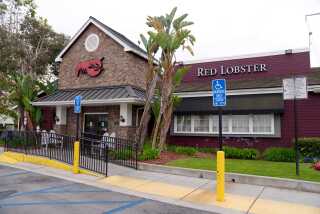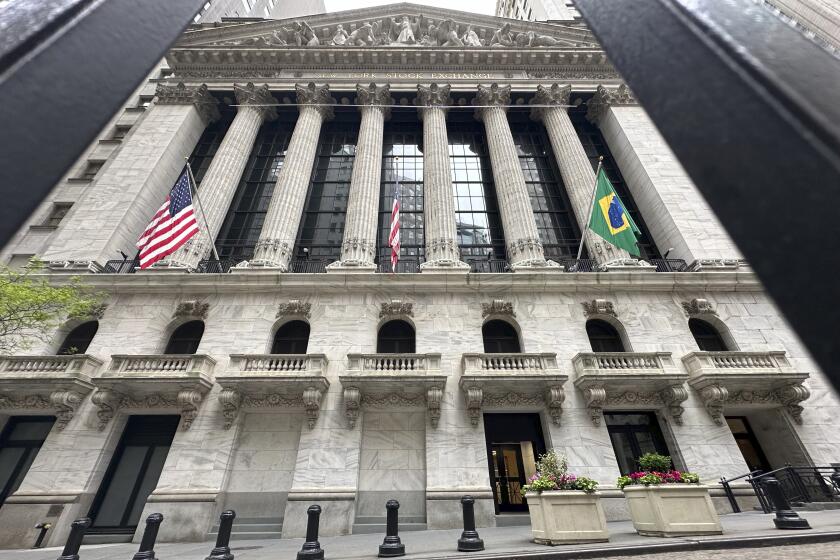Daiwa Will Say Loss Blown Out of Proportion
Daiwa Bank plans to assert in court that U.S. prosecutors have blown its $1.1-billion trading cover-up out of proportion compared with famous white-collar scandals such as the Salomon Bros. Treasury auction debacle.
Daiwa’s legal blueprint for its upcoming criminal trial will instead portray the bank as the sole victim of a scheme that cost no investors money and was orchestrated by a rogue employee, a source familiar with the matter said Thursday.
The defense team will describe the deception as the work of a greedy bond trader who exploited an antiquated bank oversight system to hide the losses from Daiwa management, the source said, speaking on condition of anonymity.
Daiwa’s defense strategy came to light as U.S. authorities continued to investigate the bank. The investigation remains in progress two months after a sweeping 24-count indictment against Daiwa, according to a spokesman for the U.S. attorney’s office in Manhattan. He declined to comment further.
There has been speculation that Daiwa would seek to avoid a trial through a plea-bargain agreement with prosecutors. But the source said the bank wants its day in court and is prepared for trial.
Daiwa was charged with conspiring with the trader, Toshihide Iguchi, to hide from U.S. bank regulators his trading losses at Daiwa’s New York branch over a 12-year period.
The Osaka, Japan-based bank has pleaded innocent and is scheduled to stand trial starting March 6. If convicted, it faces more than $1 billion in fines.
Daiwa was also ordered to shut down all operations in the United States by Feb 2.
Vowing to exonerate itself, Daiwa has assembled a powerful team of 30 lawyers at the prestigious Manhattan law firm Debevoise & Plimpton. Louis Begley, a partner at the firm who leads the legal team, declined to comment on the defense strategy. A New York-based spokesman for Daiwa also declined comment.
In light of earlier prosecutions, a thrust of the defense strategy is to argue that Daiwa does not deserve to be harshly punished for a scandal in which it insists no customers were hurt.
The government did not prosecute New York-based Salomon for breaking Treasury bond auction rules, violations that led to losses by players in the U.S. securities market. Instead, without admitting wrongdoing, Salomon in 1992 paid a total of $290 million to settle civil charges of securities and antitrust violations.
The Japanese bank does not plan to argue against prosecution allegations that it filed false reports to the Federal Reserve Board in July and August that failed to mention the $1.1 billion in losses.
But it will argue that it never intended to do anything wrong, saying it needed to wait to try to ascertain whether Iguchi was being truthful when he confessed to the trading losses to Daiwa’s president in July.
Moreover, Daiwa is expected to maintain that the Japanese Ministry of Finance told it to wait before reporting the losses to U.S. regulators.
For their part, U.S. prosecutors have alleged that Daiwa managers actively participated in the cover-up by ordering Iguchi to continue hiding the losses after his confession.






